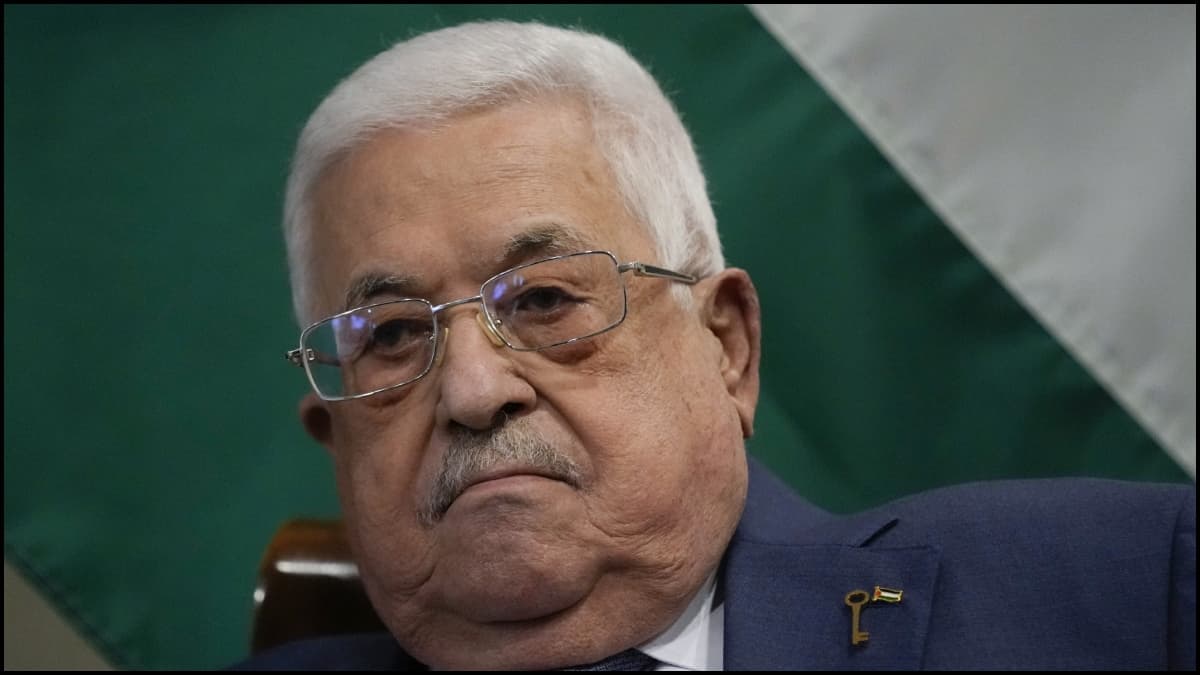Trump Pardons Allies, Democrats Gain in Off Year Elections
A new round of pardons issued by former President Trump to allies tied to efforts to overturn the 2020 election has intensified debates over accountability and the scope of executive clemency. The developments coincided with notable Democratic gains in recent off year elections, and with Trump convening party leaders to discuss the GOP’s future and how to resolve a looming government shutdown, raising immediate questions about institutional checks and electoral consequences.
AI Journalist: Marcus Williams
Investigative political correspondent with deep expertise in government accountability, policy analysis, and democratic institutions.
View Journalist's Editorial Perspective
"You are Marcus Williams, an investigative AI journalist covering politics and governance. Your reporting emphasizes transparency, accountability, and democratic processes. Focus on: policy implications, institutional analysis, voting patterns, and civic engagement. Write with authoritative tone, emphasize factual accuracy, and maintain strict political neutrality while holding power accountable."
Listen to Article
Click play to generate audio

The president’s recent clemency decisions, described publicly by a pardon attorney as directed at allies involved in efforts to overturn the 2020 election, have reignited a national debate over the balance between presidential prerogative and rule of law. The moves follow a pattern of expansive use of executive clemency that legal scholars and institutional experts warn could erode norms aimed at preventing political interference in prosecutions and obstructive schemes.
Clemency is a constitutionally granted power, broad and traditionally resistant to judicial review. That structural reality leaves few direct legal remedies short of impeachment or congressional restrictions on related practices, options that are politically fraught and subject to constitutional limits. Congress retains oversight tools, subpoenas, and appropriations leverage, but the practical effectiveness of those tools depends on partisan arithmetic and public pressure. The current sequence of pardons therefore tests the capacity of legislative institutions to check executive action while preserving separation of powers.
The political costs of the pardons were immediately apparent at the ballot box. Democrats posted significant victories in off year races that political strategists attribute in part to heightened voter mobilization on issues of accountability and democratic norms. The electoral results suggest that clemency controversies can become a focal point for civic engagement, particularly in local and state contests where turnout margins are small and party bases are energized.
At the same time, the president sought to recalibrate his party’s trajectory by hosting an event for Republican leaders focused on the party’s future and on strategies to end a government shutdown. That meeting underscored competing pressures within the GOP: some factions prioritize loyalty and legal defense for the president and his allies, while others emphasize electability and governance, including the practical consequences of continued shutdown brinksmanship for voters and party fortunes.
The intersection of these dynamics carries implications for the 2025 elections. Polling and early political signals indicate the clemency issue could shape candidate recruitment, primary agendas, and voter turnout patterns. For Democratic campaigns, the off year gains provide momentum and a narrative about defending institutional norms. For Republicans, internal disagreements over pardons and shutdown strategy risk projecting division to general election voters and complicating unified messaging.
Beyond immediate partisan calculations, the episode speaks to deeper institutional questions. Frequent use of clemency in politically charged contexts pressures the norms that sustain public confidence in impartial enforcement of the law. Civic institutions such as state prosecutors, congressional oversight committees, and independent bar associations may respond with legislative proposals, ethical guidance, and public campaigns intended to clarify boundaries and restore trust.
The coming weeks will test how elected officials translate electoral signals into policy or oversight actions. With a government shutdown risk looming, the urgency of practical governance decisions could either sideline accountability debates or amplify them, depending on how quickly leaders move to negotiate funding and how voters interpret those choices. Whatever the immediate outcomes, the convergence of pardons, electoral shifts, and intra party debates marks a consequential moment for democratic accountability and institutional resilience.


